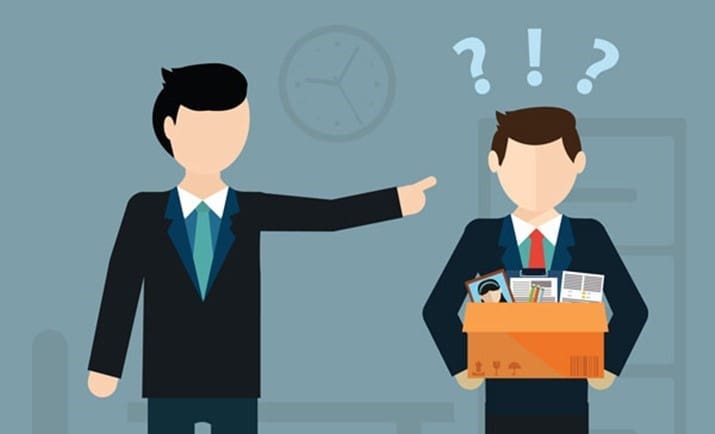As an employee, you can take leave for many reasons, whether it is an annual holiday you intend to go on, because you’re feeling ill or even issues relating to family or domestic violence.
Did you know under the National Employment Standards (NES), there are now 8 minimum leave entitlements for employees? Whilst a contract of employment can provide for other entitlements, they cannot be less than what is outlined by the NES.
- Annual Leave
All employees (except for casual employees) get paid annual leave. Full- time and part- time employees get 4 weeks of annual leave, based on their ordinary hours of work.
- Sick & Carer’s leave
This is also known as personal carer’s leave where an employee can take time off to recover from their own personal illness, caring responsibilities for an immediate family member or family emergencies.
- Family & domestic violence leave
The Fair Work Amendment (Family and Domestic Violence Leave) Act 2018 took effect on 12 December 2018, allowing employees entitlement to unpaid family and domestic violence leave. All employees (whether full-time, part-time, or casual) are entitled up to 5 days of unpaid family and domestic violence leave each year.
- Compassionate & Bereavement leave
All employees are entitled to 2 days of compassionate or bereavement leave each time when a member of the employee’s immediately family or household passes away or contracts/ develops a life- threatening illness or injury
- Maternity & parental leave
Employees can get parental leave when a child is born or adopted and are entitled to 12 months of unpaid parental leave and even can request for an additional of 12 months afterwards. All employees are entitled to parental leave. However, they must have worked for their employer for at least 12 months before the date of the adoption, expected date of birth of the child or when the leave starts (if the leave is taken after another person cares for the child)
- Public holidays
Public holidays can differ depending on the state or territory the employee is working in, so make sure to know what the dates are because each employee can get different entitlements on these days.
- Community service leave
All employees, including casual employees, can take community service leave for certain activities such as voluntary emergency management activities (e.g. activity involving with an emergency or natural disaster, activity where the employee has a member- like association with a recognised emergency management body, etc) or to attend jury duty.
- Long service leave
An employee has long service leave after working for the same employer for a long period. Each state or territory has its own long service leave laws.
If you think you have been dismissed because of discrimination, a reason that is harsh, unjust or unreasonable or you think you have another protected right, please do not hesitate to contact Freedman & Gopalan Solicitors on (02) 8917 8700 or by email to reception@freedmangopalan.com.au to discuss your legal avenues!

